
Dining out is enjoyable until the bill surprises you with unexpected charges. Everyday behaviors at the table often contribute to higher costs without diners realizing it. Explore ten habits that quietly raise your restaurant expenses so you can stay more aware and in control.
Menu Design Nudges You To Overspend
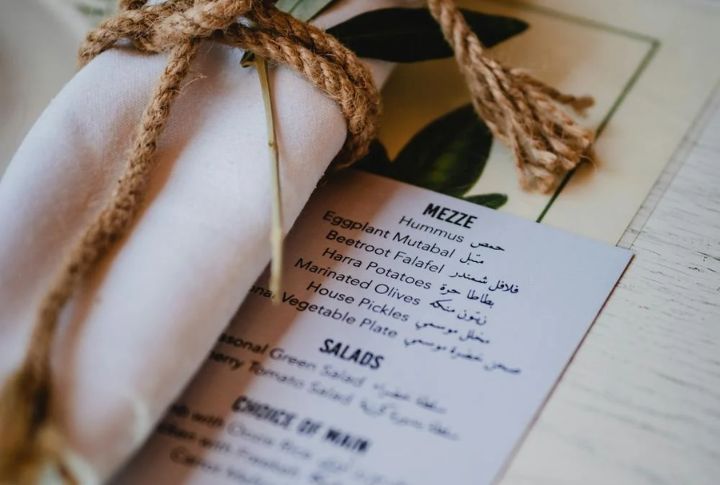
Restaurant menus use clever layouts and strategic item placement to influence your decisions. These visual tactics influence spending without you noticing. What seems like a spontaneous order is often the result of behind-the-scenes design built to prioritize profit over value.
Specials Aren’t Always A Deal
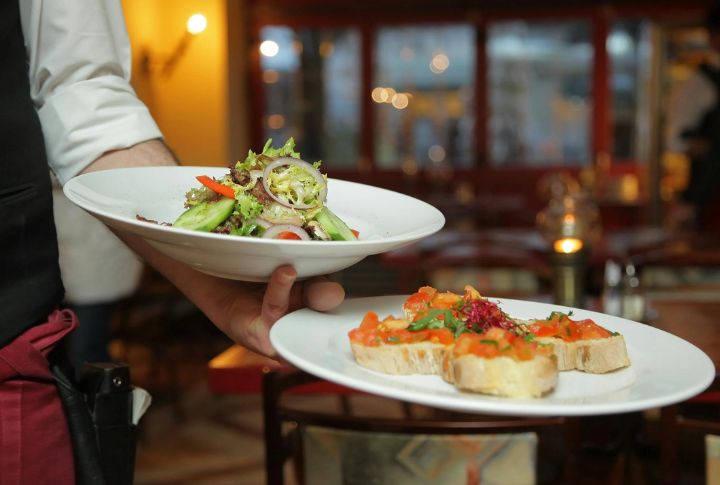
Many people assume restaurant specials save money. Most of the time, specials just use extra ingredients and may cost as much—or more—than regular menu items. Without checking prices first, you could end up paying more for a dish you didn’t really want.
Combo Meals Trick You Into Overbuying
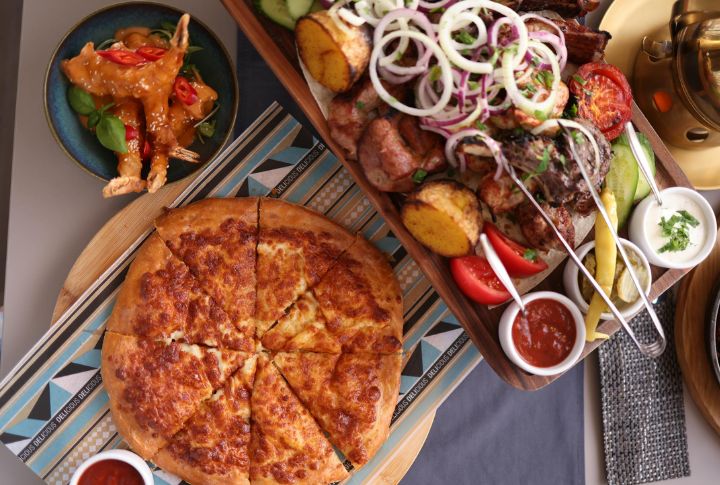
Combo meals come with extra sides or drinks that tend to go uneaten. They create the impression of a good deal while encouraging you to spend more than planned. These bundles seem convenient and smart, yet usually lead to buying more food than necessary.
Add-Ons Inflate Bills Without Warning
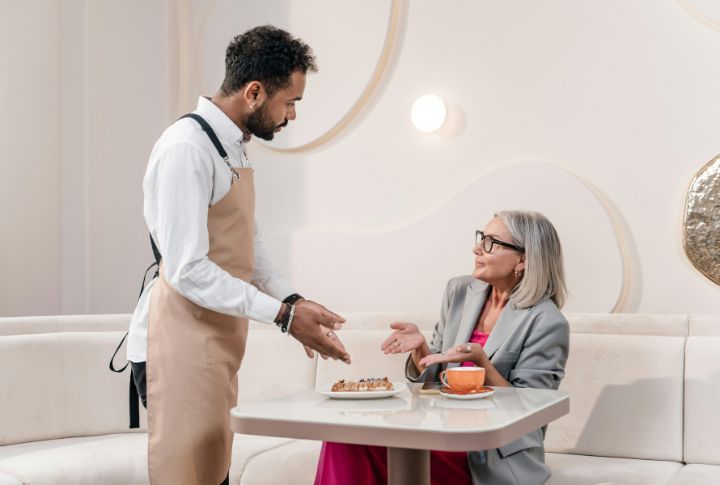
You’re offered extras mid-order—cheese or sauces—without knowing the price. Most menus don’t list them clearly, which makes it easy to say yes. Those small upgrades seem harmless, but by the time the bill arrives, they quietly add up and inflate your total without you realizing it.
Upselling Boosts Bills By Design
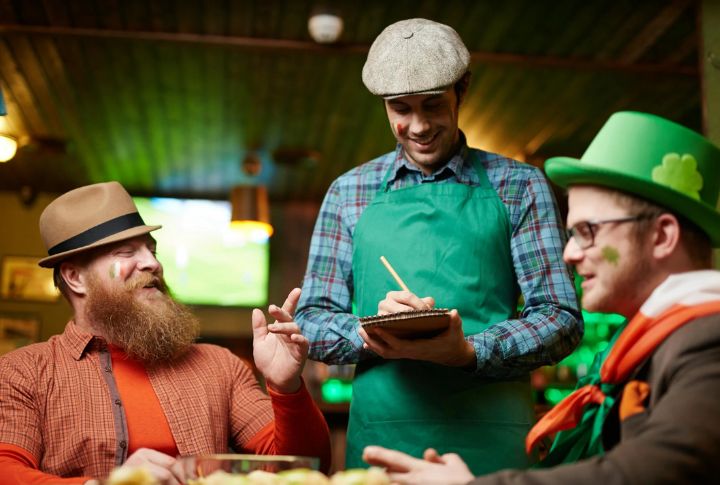
Have you ever been asked if you want to add a topping or upgrade your drink? The suggestions are part of a practiced routine. Such prompts encourage customers to order more than intended, leading to added charges that quickly raise the total bill.
Alcohol Carries Extreme Markups
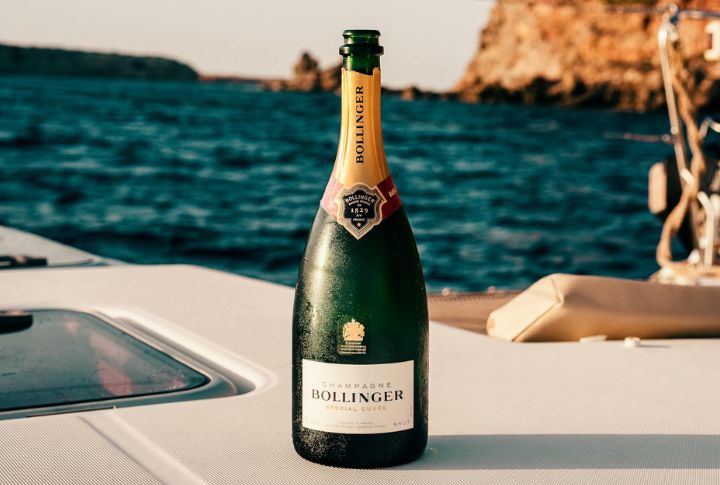
Whether it’s a cocktail or a glass of wine, alcohol is where restaurants quietly make the most significant gain. Drinks that seem like a small treat are frequently among the priciest items on your check. Ordering them with a meal can quickly inflate your bill.
Bottled Water Is A Financial Trap
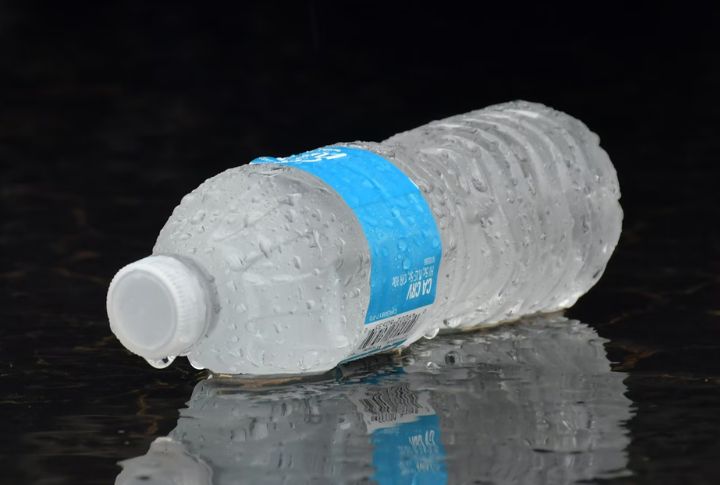
Ordering bottled water at restaurants adds extra cost for no real benefit. In many places, tap water is just as safe and free. People choose bottles thinking it’s cleaner or more upscale, but that choice usually wastes money and creates more plastic waste.
Desserts Maximize Restaurant Profits
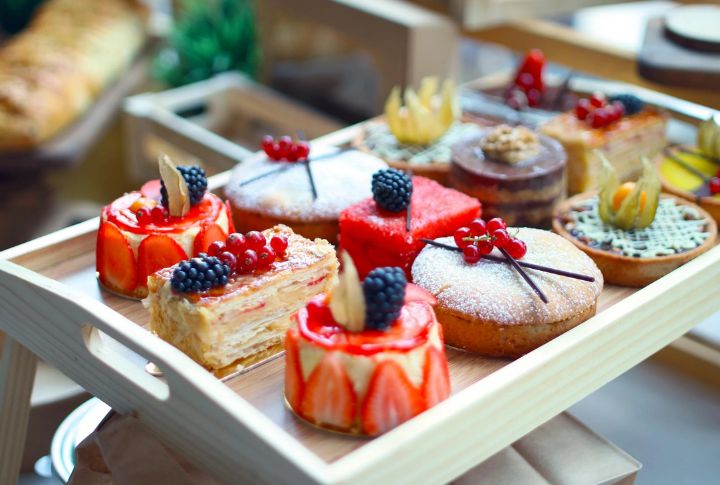
Desserts are hard to resist, especially when suggested after the main course. With their appealing names and sweet finish, they’re designed to seal the deal. They’re often placed at the end of menus for a reason: impulse decisions drive these end-of-meal indulgences.
Kids’ Meals Are A Wasteful Buy
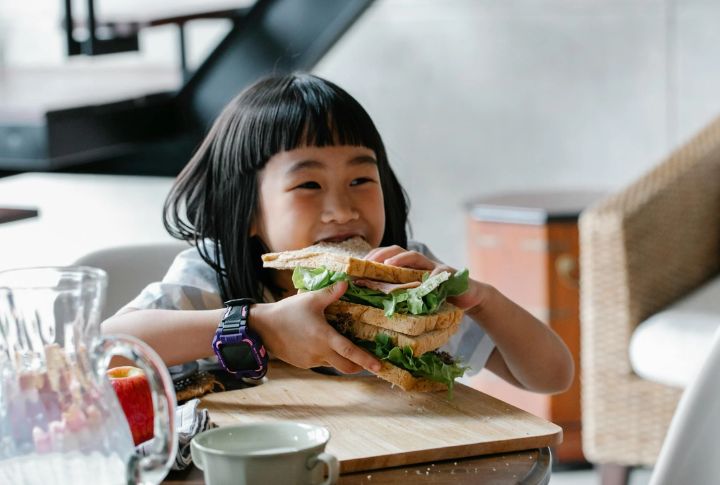
Parents frequently order full meals for their kids, only to see half of them left behind. Many young diners don’t finish what they’re given. A smarter approach is to share from the main plate or choose side dishes—options that avoid both waste and unnecessary spending.
Tipping On The Total Adds Up Over Time
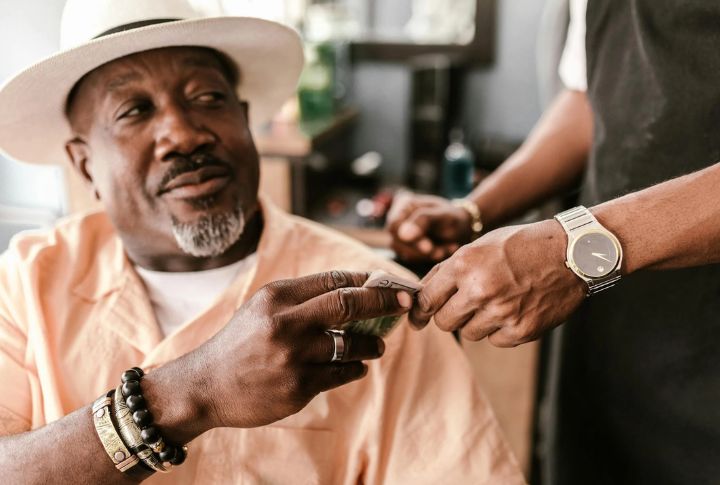
Most people tip based on their total bill, which includes taxes and fees. But tipping on the pre-tax amount means you’re only tipping on the actual food and service cost, not extra charges. It’s a small change that can make your tip fairer and more thoughtful over time.
